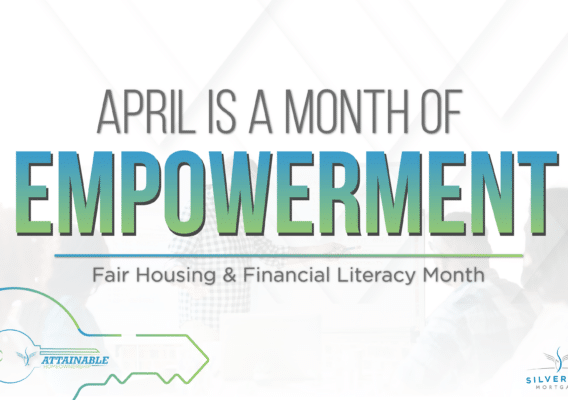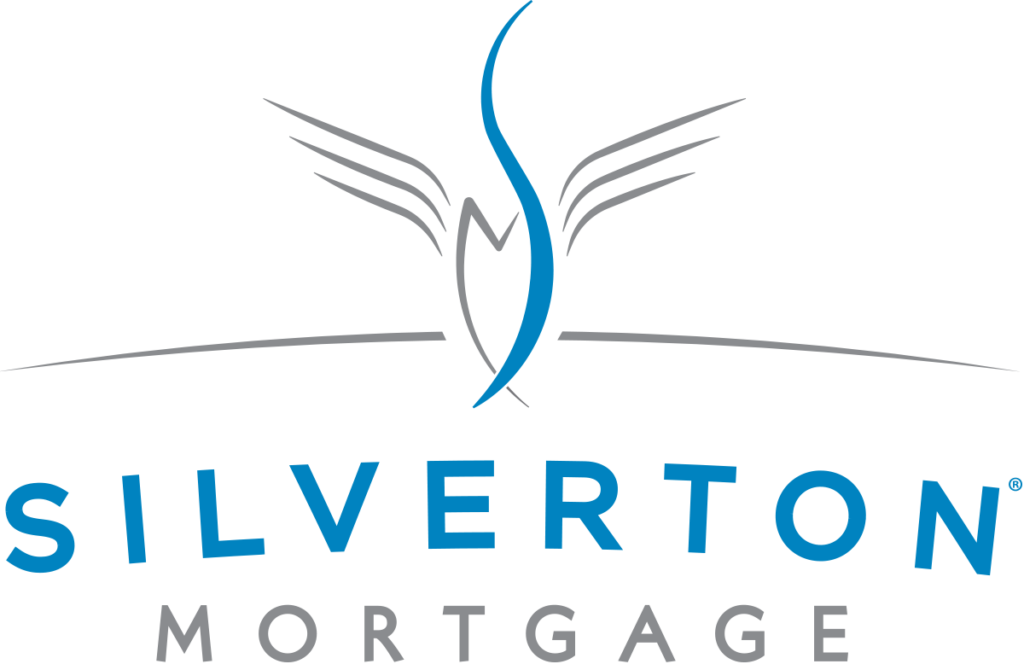Many people have a love-hate relationship with Private Mortgage Insurance. On one hand, it’s a recurring expense that affects your monthly budget. However, it makes purchasing a home possible when you don’t have a large enough down payment. In this post, we’ll break down mortgage insurance, why you may need it, and how to avoid it when possible.
What is Private Mortgage Insurance (PMI)?
In a perfect world, borrowers would have a 20% down payment when they purchase a home. For most people, that is a lot of money. For instance, the average home costs approximately $280,000, which means you’d need $56,000 on hand for your down payment. It is highly unlikely for the average American to have access to that amount of money. This is where Mortgage Insurance comes into play because it’s another option to the traditional down payment. To offer more affordable mortgage options, PMI is an alternative that lowers a lenders financial risk.
Keep in mind that Mortgage Insurance is not the same as homeowner’s insurance. While your homeowner’s insurance policy protects your home and belongings, mortgage insurance protects your lender. While you file a claim to recoup losses related to your home through your homeowner’s insurance, lenders do the same when homeowner’s fail to make their payments. It’s a necessary evil that makes it possible for you to be approved for a home loan without having a full 20% down payment.
If you are required to pay mortgage insurance, it is typically included in your monthly mortgage payments. It can also be built into your closing costs. PMI typically ends automatically when you reach 22% equity on your home or by request when you reach 20% equity in your home.
How to Avoid Mortgage Insurance
The most obvious way to skip the need for private mortgage insurance is to put a 20% down payment towards the home upfront. There is lots of helpful information available on how to save for a down payment and while it takes time and effort, it’s not impossible to do. There are, however, other options at your disposal.
One option is a piggyback mortgage where a second mortgage or home equity loan is taken out at the same time as the first mortgage. This makes it possible for 80% of the purchase price is covered by the first mortgage while 10% is covered by the second. This makes the loan-to-value (LTV) ratio of the original mortgage under 80%, therefore replacing the need for PMI. This loan is ideal for those who have good credit and at least 10% to put down.
Everything You Need To Know About Credit.
If you’re a veteran, it’s even easier to avoid mortgage insurance with a VA Loan backed by the Department of Veterans Affairs. It is designed to help U.S. veterans along with active duty service members and widowed military spouses become homeowners. There are many benefits to this type of loan including competitive interest rates without requiring a down payment. Also, unlike other low down payment mortgage options, a VA Loan does not require Private Mortgage Insurance. This saves the borrower thousands of dollars over the span of the loan.
The last option to PMI is lender-paid mortgage insurance (LPMI). With this plan, the cost of the PMI is included in the interest rate of the mortgage for the life of the loan. You can either pay an upfront fee when you get your loan or accept a higher interest rate and the lender pays your mortgage insurance. The downside of an LPMI may be that you still technically pay for mortgage insurance, but you may end up paying less than if you paid for separate PMI.
It’s important to note that mortgage insurance cannot be removed on an FHA loan. While FHA is a great option for those with not-so-great credit scores and little-to-no down payment, it does require PMI that stays intact throughout the life of the loan if your down payment is less than 10%. If your down payment is over 10%, then you will be able to cancel your PMI after 11 years. Another option is to refinance your loan into a non-FHA loan later.
Yeah, mortgage insurance can be an unwanted hassle, but for many, it opens the door to homeownership. Don’t let PMI discourage you from exploring the possibility of owning your own home. Explore your options and know that there are ways around this monthly cost. If those don’t work for you, then look at Private Mortgage Insurance as a saving grace that allows you to open the door to your very own home without breaking the bank. Still have questions? Contact one of our highly qualified loan originators and get the answers you’re looking for.
You Might Also Like

Navigating the Mortgage Maze: The Mortgage Process Simplified

April: The Month of Empowerment

